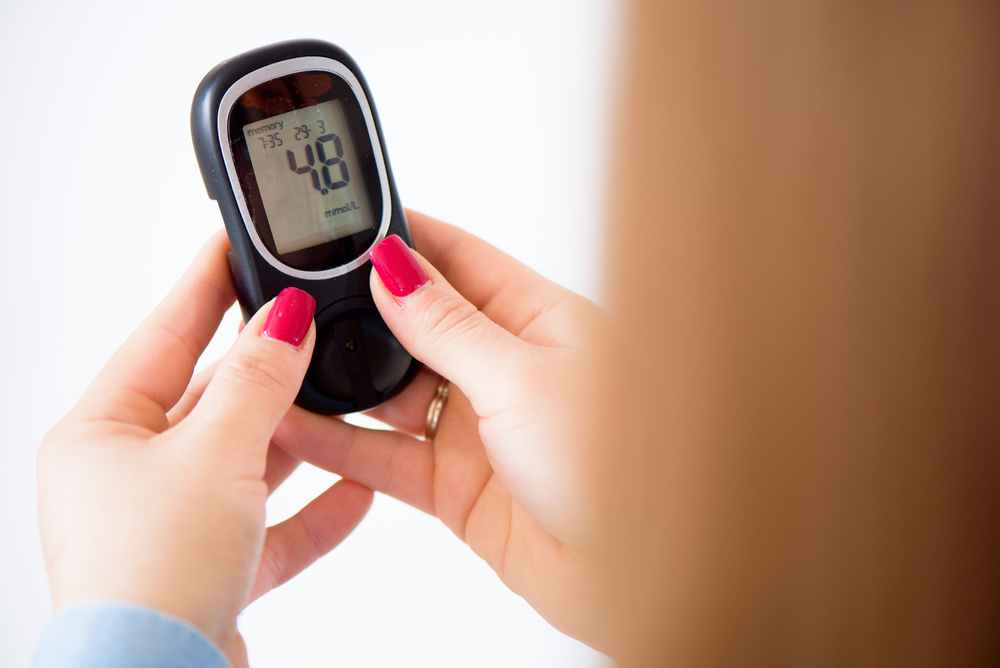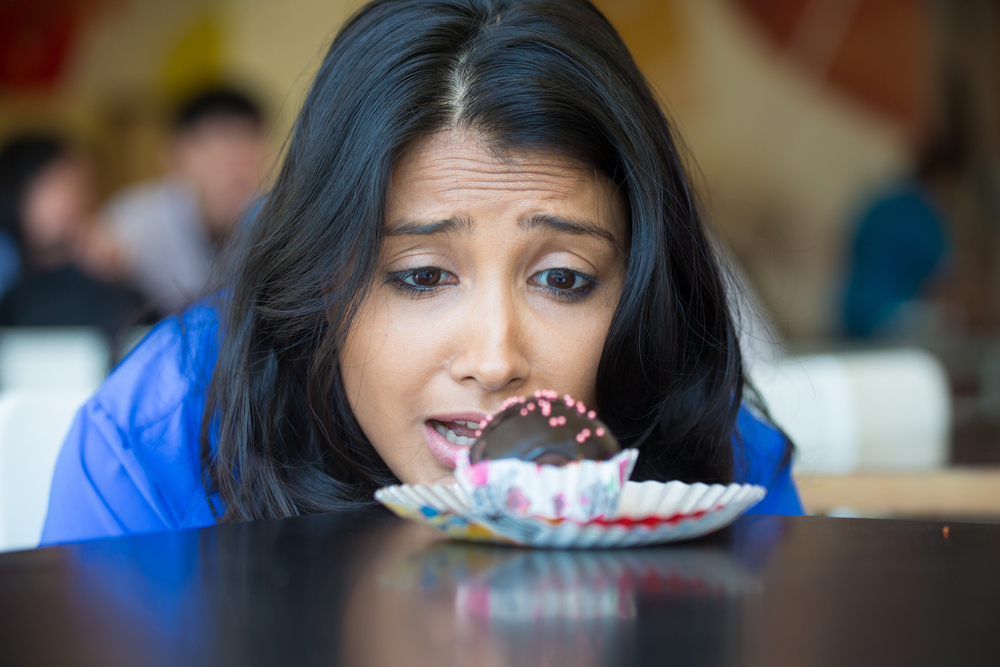
Know How Sleep Can Affect Your Blood Sugar
Your blood sugar levels rise in early morning as part of the circadian rhythm cycle in humans. At the same time, you rest, and your blood sugar level tend to increase. Fluctuations in blood sugar levels overnight and during sleeping are common but they are not a matter of concern in healthy individuals.
Getting a good night's sleep is crucial for stabilising symptoms of high blood sugar. There seems to have been a general decline in the average number of hours people sleep every night during the previous several decades. This trend toward shorter amounts of sleep throughout time may have had a role in the concurrent rise in rates of overweight and diabetes. Blood sugar levels influence both obesity and diabetes and vice versa. Consequently, blood sugar may play a role in weight reduction and getting a good night's rest.
Because of the inextricable link between sleep and overall health, it should be no surprise that sleep impacts glucose metabolism. So, the connection between sleep and blood sugar levels is intricate.
Is There Any Change in Blood Sugar While You Sleep?
It's linked to how well the hormone insulin is doing its job of clearing glucose from circulation. When you sleep, your blood sugar can fluctuate, often between the hours of 4 and 8 in the morning (usually rise). (The phenomenon is known as the "dawn effect.") Normal levels of blood glucose are maintained because insulin signals muscle, fat, and liver cells to take up glucose from the blood.
In people with diabetes and those at risk for developing the disease, insulin's absolute quantity or effectiveness is reduced, leading to elevated blood sugar.
How Sleep May Affect Our Risk of Developing Diabetes
This is likely because sleep patterns have a cumulative effect on cells' responsiveness to insulin. More than four thousand participants participated in research where they reported how much sleep they obtained each night. People who slept fewer than 6 hours each night were twice as likely to develop insulin-resistant cells or full-blown diabetes (Type 2 diabetes). This was still the case even when the researchers factored in various other ways of living.
Sleep apnoea and other sleep disturbances and disorders seem to increase the risk of developing diabetes. On the other hand, the stakes increase at the extremes as well. Too much sleep (more than 9 hours each night) may also increase the risk of developing diabetes.
Sleeping Might Either Increase or Decrease Glucose Levels
Sleep has been shown to increase and decrease glucose levels, which may seem counterintuitive initially. The average rise in blood sugar at night and during sleep is part of a daily cycle that our bodies go through, termed a circadian rhythm. These occasional, harmless spikes in blood sugar are pretty standard.
Restorative sleep may help reduce harmful blood sugar levels by fostering healthy systems. Lack of sleep raises the probability of high blood sugar. One night of interrupted sleep may increase insulin resistance and, in turn, blood sugar levels. Because of this, sleep deprivation has been linked to diabetes.
Understanding the relationship between sleep and blood sugar requires further study. The following have been observed to impact sleep's effect on blood sugar levels:
- How long a person typically spends sleeping
- A person's progression through the various phases of sleep
- When a person goes to bed and wakes up
- One's chronological age
- Nutritional routines (which overlap with nutrition and sleep)
Advice On How to Get a Restful Sleep Each Night?
If you want to sleep better, try using these methods
- Stay away from screens a few hours before bedtime
It will help if you put away your phone or e-reader at night since the light might keep you awake. If you find that reading electronic devices like tablets and smartphones before bed disrupts your sleep, try switching to traditional literature instead.
- Avoid drinking just before sleep
Having a glass of wine before bed may help you relax, but it's unlikely that you'll sleep through the night.
- Get rid of interruptions
Turn off your phone if you get texts in the middle of the night. Instead of utilising your phone's alarm function, you may want to invest in a traditional alarm clock. Realising that you won't have any pressing needs for your phone overnight may give you the confidence to leave it in the drawer.
- Make some background hum
Birdsong in the morning may seem like a lovely way to wake up, but it has the opposite effect at the night. It may cause significant disruptions to your sleep schedule. You may be unable to sleep because of the early morning noises of trash trucks, street cleaners, and people heading to work.
Turning on a ceiling, desk, or central air fan might help drown out these disturbances if you have trouble sleeping.
- Keep a regular schedule for going to bed and waking up
Maintain a regular sleep-wake schedule, including on the weekends: go to bed and rise at the exact times each day help to stabilise blood sugars. Your internal clock will begin to sense your exhaustion and wake you up.
- Avoid taking stimulants late at night
Stay away from caffeine, exercise, and even mundane household chores after dark. Slow-paced yoga practice is the only night-time exercise you should consider since it helps your body wind down and get ready for sleep. In the alternative, your heart rate and blood pressure will increase, and it will take longer for your body to return to a normal state of relaxation.
- Make a bedtime zone
A pleasant sleeping environment greatly aids a good night's sleep. The purchase of a new mattress should be seriously considered. If it has been a while since you last had a new bed, this may help you sleep better.
Another way to ensure a restful night's sleep is maintaining a temperate bedroom. You may want to open a window or use a fan to create a more relaxed environment in your bedroom if you have trouble falling asleep at room temperature.
To Sum It Up
Hope you now know what is the relationship between blood sugar and sleep. If you are having trouble sleeping and the condition persists, you should see a doctor. Lack of therapy for chronic sleep disruption might make it difficult to function normally throughout the day.
Changing one or more aspects of your daily routine may help you sleep better shortly. Making even a single minor adjustment may have a significant impact on blood sugar. It's vital to remain at it daily since habit formation typically takes around three weeks.






